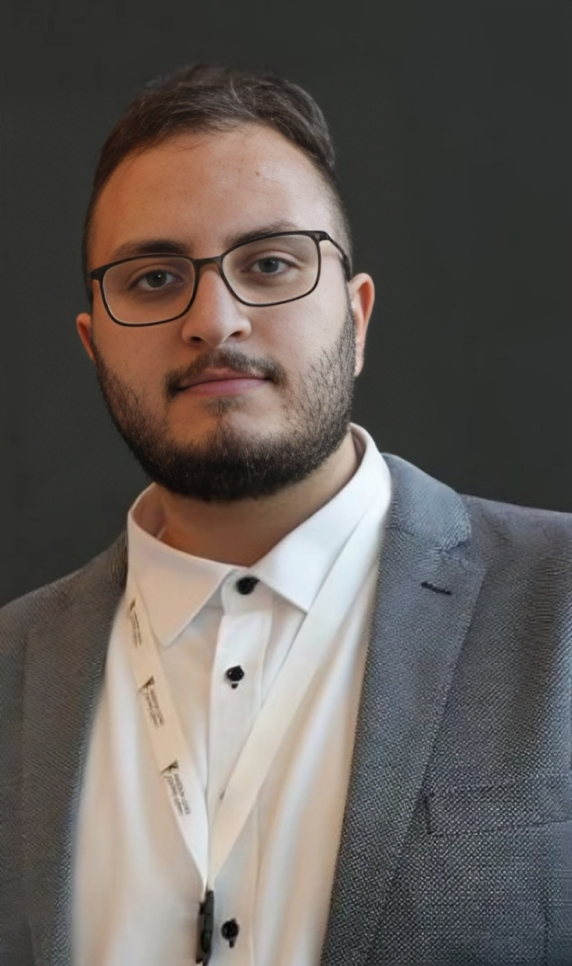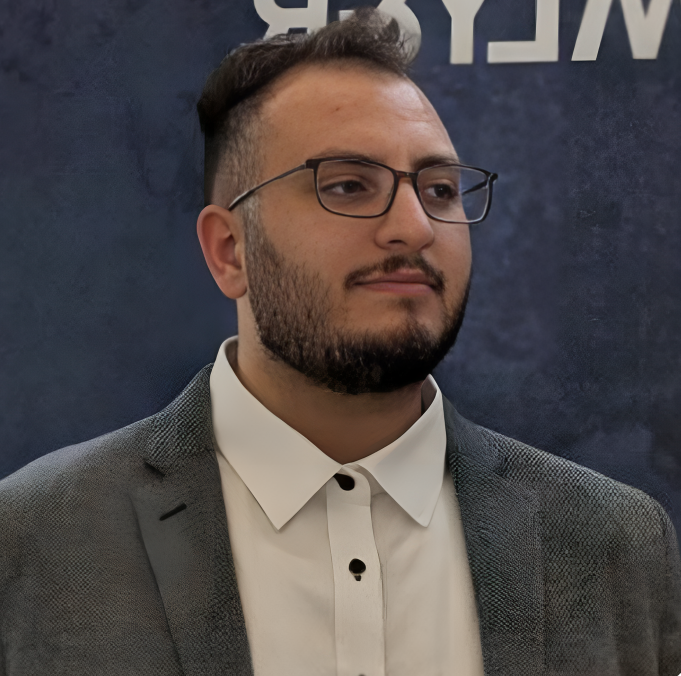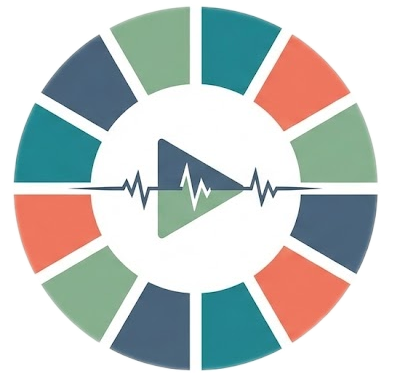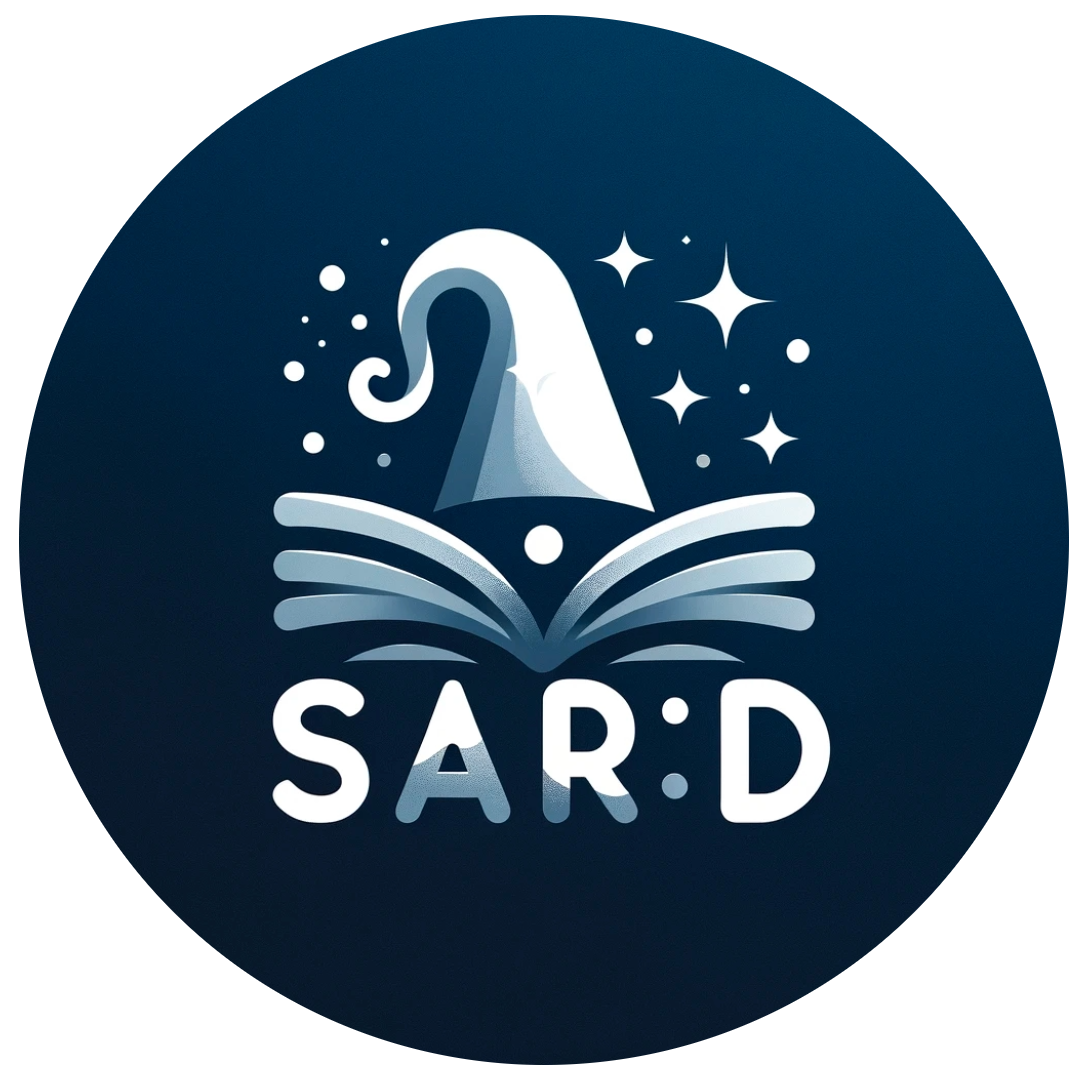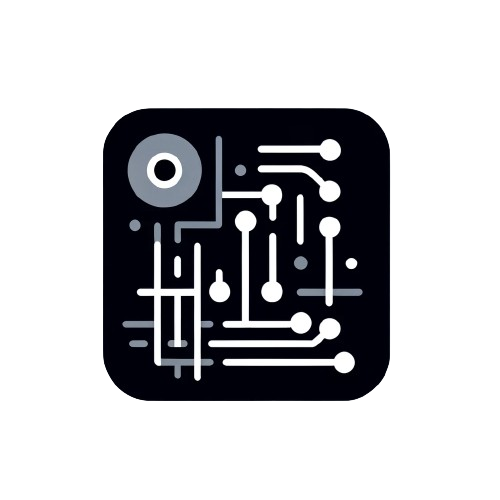Applied Machine Learning (Intern)
Vector Institute, AI Engineering
At the Vector Institute, under the supervision of Dr. Shaina Raza, I first conducted a
survey of interpretability and explainability techniques across the different layers of
agentic AI systems, with a focus on responsible multi-agent design. Building on that foundation,
I shifted to developing a fairness benchmarking setup for audio-visual (multimodal) agents,
exploring how to evaluate and mitigate bias in real-world multimodal understanding pipelines.
This work tied into Vector’s broader AIXpert efforts on transparent, reproducible, and trustworthy AI.
Featured work: SONIC-O1 — dataset, leaderboard, and pipeline:
Dataset,
Leaderboard,
GitHub.
